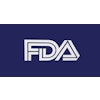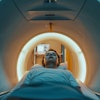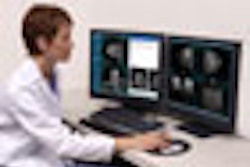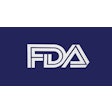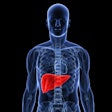Insurance giant UnitedHealthcare is weighing whether to stop paying for computer-aided detection (CAD) services for the 14.8 million people in its network of beneficiaries. The Minneapolis company originally said it would stop paying for CAD effective this week, but has postponed a final decision until next month.
UnitedHealthcare had been informing providers in its network that effective October 25 it would no longer provide the benefit of CAD for its standard membership, according to telephone and e-mail statements made by UnitedHealthcare regional account managers to radiologists and radiology administrators.
The company attributed the decision to what it called a lack of clinical evidence support for CAD's effectiveness in improving the performance of mammography. The insurer's decision appears to be related to a study published in the April 5, 2007, edition of the New England Journal of Medicine that found that CAD reduced the accuracy of screening mammography due to the impact of false positives on specificity.
In its September 2007 issue of its Network Bulletin, UnitedHealthcare stated: "A review of recent clinical evidence in published peer-reviewed medical literature leads us to conclude that clinical evidence does not support the use of computer-aided detection for mammography."
"Clinical evidence has not demonstrated that computer-aided detection improves patient outcomes or reduces breast cancer mortality when added to mammography. CAD has been shown to have a high rate of false-positives and lower overall accuracy than non-use of CAD. Therefore, UnitedHealthcare now concludes that this technology is unproven," the statement reads.
However, UnitedHealthcare appeared to be backing away from its decision to cut CAD payments with an announcement postponing the change, as noted in UnitedHealthcare's medical policy, Breast Imaging for Screening and Diagnosing Cancer, under the category of "Computer Aided Detection for Mammography."
"Computer-aided detection (CAD) systems are unproven as an aid to radiologists in the detection of breast cancer during mammography due to inadequate clinical evidence of safety and/or efficacy in published, peer-reviewed medical literature," the statement reads. However, this is followed by a statement indicating that the policy will not take effect until further notice.
Physicians and providers in UnitedHealthcare's network would be issued a clarification on the CAD policy on November 15, when the next issue of the Network Bulletin is published, according to Cheryl Randolph, a spokesperson for UnitedHealthcare.
The American College of Radiology (ACR) of Reston, VA, stated that it sent UnitedHealthcare a letter opposing the policy immediately after the September UHC bulletin was published, and has been in subsequent communication with key executives at the payor.
By Cynthia Keen
AuntMinnie.com contributing writer
October 26, 2007
Related Reading
CAD still not out of the woods, despite Oregon payor's reversal, July 24, 2007
Oregon payor reverses stand, reinstates CAD payments, July 23, 2007
NEJM study prompts Oregon payor to cancel CAD reimbursement, July 11, 2007
Studies show CAD matches up well with CR mammo, FFDM, May 24, 2007
NEJM study pans CAD, draws attention and criticism, April 5, 2007
Copyright © 2007 AuntMinnie.com
